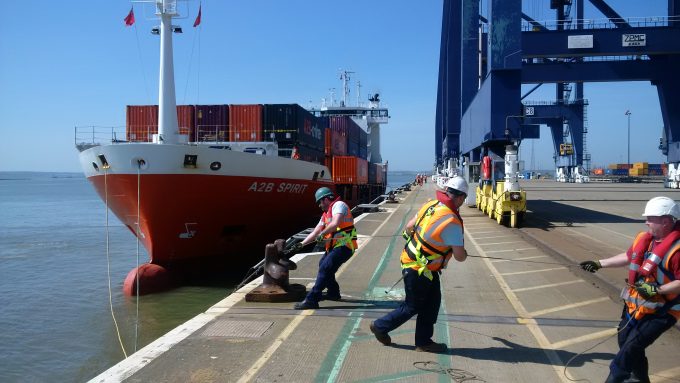Green shipping revolution could be hamstrung, UMAS warns
Global-south countries have great potential for generating the clean fuels shipping needs – but access ...

With an order for two 650 teu newbuilds, A2B-online is demonstrating how feeder operators will deal with the IMO’s CII cleaner air regulations: sidestepping them entirely.
To be constructed at the Sedef shipyard in Turkey, the new feeder vessels will be equipped with a ...
MSC switches two more Asia-Europe port calls from congested Antwerp
Front-loading frenzy has made traditional H2 peak season 'unlikely'
Tradelanes: Export boom in Indian sub-continent triggers rise in airfreight rates
Carriers introduce surcharges as congestion builds at African ports
Mexican airport modernisation plan unlikely to boost cargo facilities
Ports and supply chain operators weigh in on funding for CPB
Box ship overcapacity threat from carrier appetite for new tonnage
Tradelanes: Overcapacity on Asia-S America impacting alliances and rates

Comment on this article